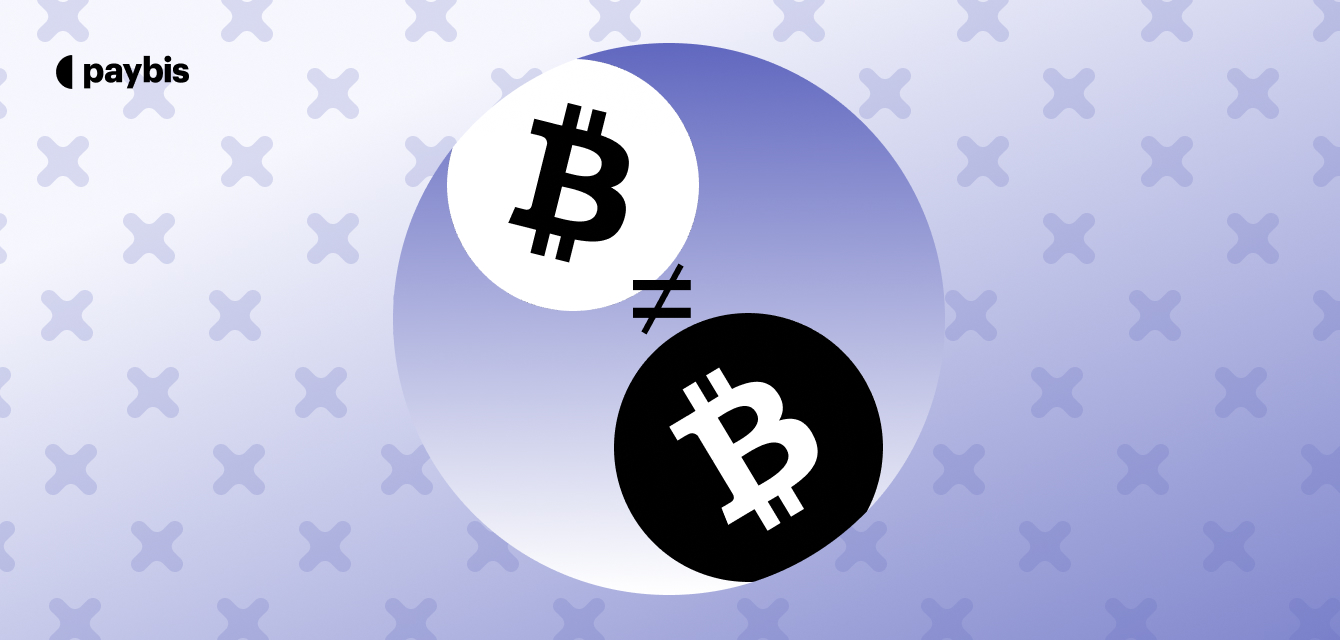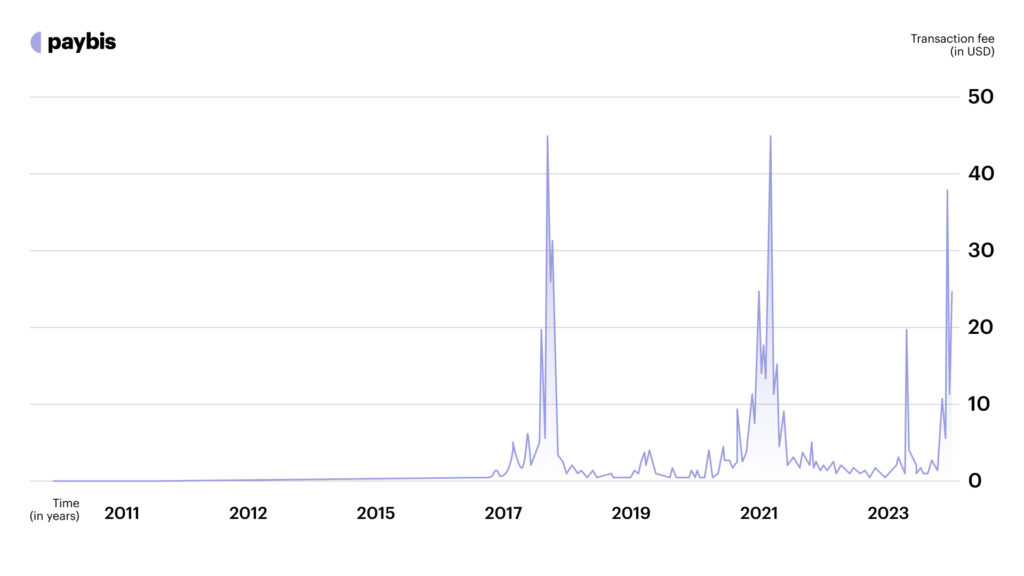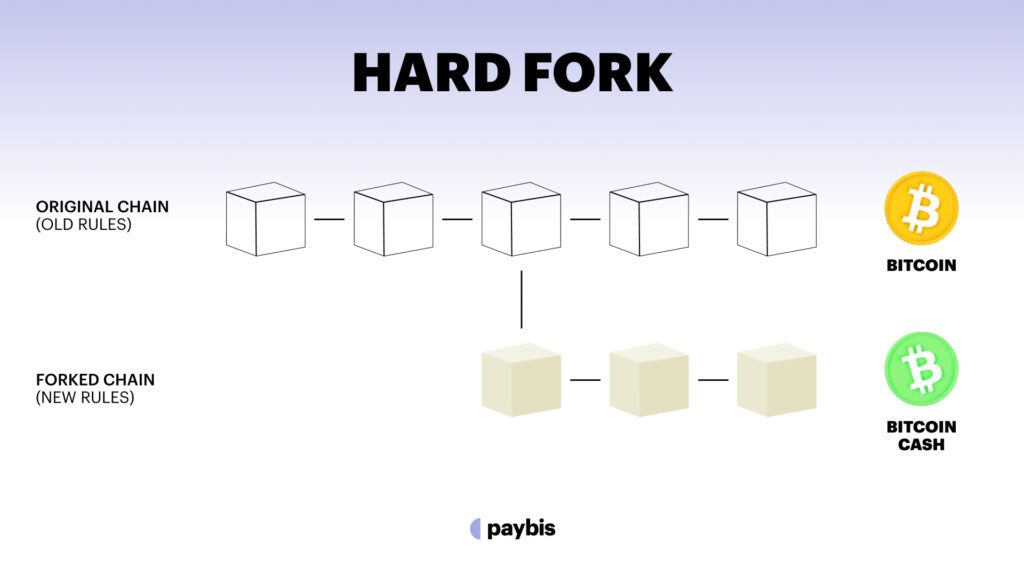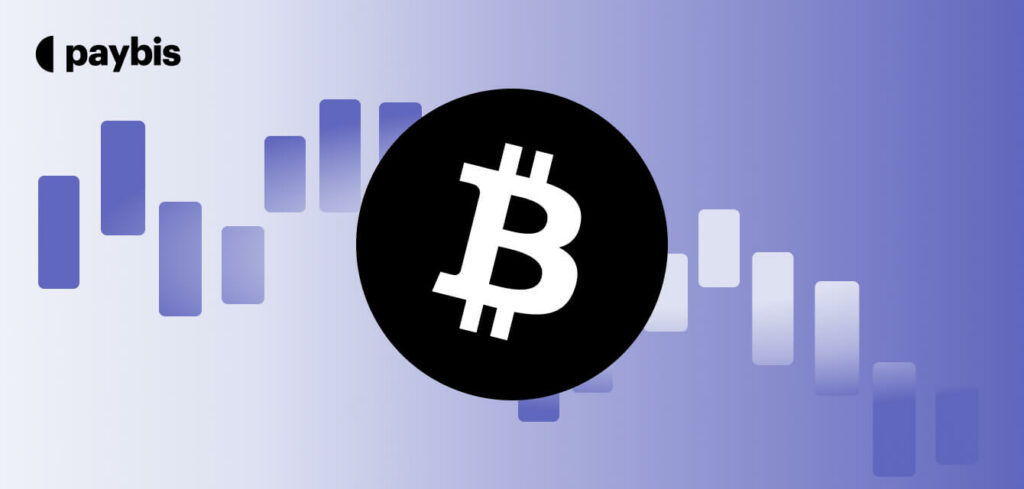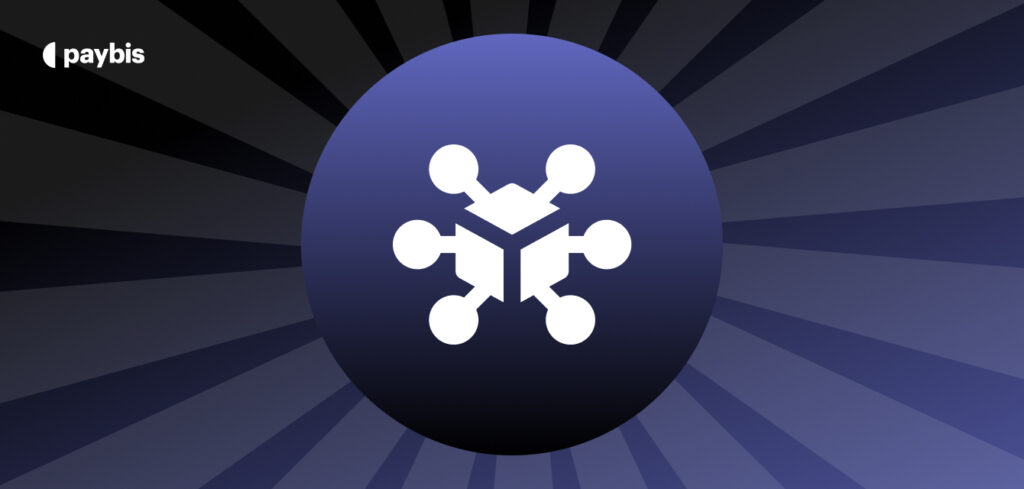What is the Difference Between Bitcoin (BTC) and Bitcoin Cash (BCH)?
Bitcoin, the gold standard of cryptocurrencies, too has its fair share of drawbacks. And much like the stalwarts of political parties, one side of the Bitcoin community disregarded its ‘defects’ as ‘special effects’ giving more power to the network, while the other side advocated for a fix.
This potential “fix” was not easy, however. For a decentralized network like Bitcoin to undergo chances, it has to undergo a thorough voting process involving governance proposals and BTC holders voting for/against a change.
Eventually, the friction between the two sides grew to an extent where the blockchain split in two — a hard fork!
This article will shed light on how Bitcoin Cash was created, how it differs from Bitcoin, and how the two are similar.
Table of contents
What Went Wrong With BTC: Bitcoin Scaling Debate
The Bitcoin scaling debate is the nexus event that led to Bitcoin’s hard fork and gave birth to Bitcoin Cash (BCH).
It was a significant event in the history of Bitcoin (BTC), revolving around a fundamental disagreement on how to best scale the network.
Bitcoin, designed by Satoshi Nakamoto, was initially limited in its capacity to process transactions. The network could only handle a certain number of transactions per block, with each block being generated approximately every ten minutes. This limitation was initially not a problem, but as Bitcoin grew in popularity, the number of transactions began to exceed the space available in each block.
The crux of the scaling debate centered around the size of the blocks in Bitcoin’s blockchain. The original block size was 1 MB, which limited the network to handling about 3 to 7 transactions per second. This was significantly lower than traditional payment systems like Visa, which can handle over 65,000 transactions per second.
The gravity of this situation can be understood better by looking at the transaction fees. At times of network congestion, BTC transaction fees could be as high as $40.
It was obvious that paying tens of dollars for each transaction will not allow Bitcoin to go mainstream — it was simply impractical for mass adoption and something needed to be done.
Proposed Solutions and Debate
Increase Block Size
One camp advocated for increasing the block size. This would allow more transactions per block, thus increasing the throughput of the network. Proposals like Bitcoin XT, Bitcoin Classic, and Bitcoin Unlimited were put forward, suggesting various increased block sizes.
Segregated Witness (SegWit)
Another solution was Segregated Witness, proposed by the Bitcoin Core developers. SegWit aimed to increase the block capacity without changing the size by altering how data was stored in each block. It also had the added benefit of fixing certain bugs and enabling the development of second-layer solutions like the Lightning Network.
Debate and Division
The debate became highly contentious, dividing the community into factions. Each side had different views on what was more important: keeping Bitcoin decentralized and secure (which favored smaller blocks) or increasing its capacity to accommodate more users (favoring larger blocks).
The major blocker to increasing block size was the concern over decentralization and network security. Larger block sizes, while they could theoretically accommodate more transactions, posed several significant challenges:
- Centralization Risks: Increasing block sizes in Bitcoin may result in centralization, as only those with high-end hardware could effectively mine, deviating from Bitcoin’s decentralized ethos.
- Bandwidth and Storage Constraints: Larger blocks require more bandwidth and storage, potentially excluding nodes with limited resources and risking further centralization.
- Security Implications: Bigger blocks could heighten security risks, like increased fork occurrences and vulnerability to attacks, due to slower propagation across the network.
- Transaction Fee and Time Effects: Although larger blocks could initially lower fees by handling more transactions, future diminished block rewards might reduce miner incentives, affecting network security.
The Outcome: Forks and SegWit Implementation
In August 2017, the disagreement led to a hard fork, creating a new cryptocurrency, Bitcoin Cash (BCH), which implemented an increased block size.
In the same month, Segregated Witness was activated on the Bitcoin network after a mechanism called BIP 91 was used to lock in the upgrade.
Enter Bitcoin Cash — A Bitcoin Hard Fork
Bitcoin Cash (BCH) emerged as a direct response to the scaling debate within the Bitcoin community. It was first mined at block 478,558 in August 2017. At the time, all BTC holders received an equivalent amount of BCH.
This new cryptocurrency was introduced with a significant change to the original Bitcoin protocol: the block size was increased from 1 MB to 8 MB, and later to 32 MB. This increase allowed more transactions to be processed in each block, addressing the primary concern of higher transaction fees and slower processing times on the Bitcoin network.
Philosophy and Technical Differences
While Bitcoin continued to emphasize security and decentralization with the implementation of SegWit, Bitcoin Cash focused on becoming a more practical medium for daily transactions. The philosophy behind BCH was to maintain the original vision of Bitcoin as a “peer-to-peer electronic cash system,” as described in Satoshi Nakamoto’s original white paper.
Bitcoin Cash also rejected the implementation of Segregated Witness. The proponents of BCH argued that increasing the block size was a more straightforward and effective way to scale the network, as opposed to the technical complexity of SegWit, which they believed could compromise the fundamental principles of blockchain technology.
Impact on the Community and the Market
The creation of Bitcoin Cash led to a divide not only in the community but also in the market. Holders of Bitcoin at the time of the fork automatically received an equivalent amount of Bitcoin Cash. This event caused a significant shift in the cryptocurrency market, as investors and users had to decide between the two versions of Bitcoin.
Furthermore, the split led to confusion and a need for clear differentiation between the two cryptocurrencies in terms of branding, technological development, and market positioning.
Useful links
Bitcoin Cash (BCH) vs Bitcoin: Key Differences
Bitcoin (BTC) |
Bitcoin Cash (BCH) |
|
| Difficulty Adjustment | Every 2016 blocks (approx. 2 weeks) | Dynamic (every block, targeting 24-hour period) |
| Block Size | 1 MB | Initially 8 MB, later increased to 32 MB |
| Smart Contracts | Limited, primarily through scripting language | More advanced, enabled by opcodes and block size |
| Replace-by-Fee (RBF) | Supported | Not supported |
| Transaction Fees | Higher, varies with network congestion | Generally lower |
| Transaction Speed | Depends on network congestion | Generally faster, less congestion |
| Scaling Solutions | Off-chain (e.g., Lightning Network) | On-chain, larger block sizes |
| Security | Higher hash rate, more secure | Lower hash rate compared to BTC |
| Privacy Features | Basic, with enhancements like Taproot | Similar to BTC, with CashShuffle and CashFusion |
| Governance | Decentralized, changes via consensus | More centralized, quicker decision-making |
| Fork History | Original blockchain | Forked from Bitcoin in 2017 |
| Network Upgrades | Through proposals like BIPs | Regular upgrades to increase functionality |
Bitcoin Cash (BCH) vs Bitcoin: Striking Similarities
Similarity |
Description for Both Bitcoin (BTC) and Bitcoin Cash (BCH) |
| Hashing Algorithm | Both use SHA-256 for mining and securing transactions. |
| Fixed Supply of Tokens | Capped at 21 million coins, aiming to prevent inflation. |
| Proof of Work (PoW) | Use Proof of Work consensus mechanism for block validation and creation. |
| Seed Phrase Standard | Support the BIP39 standard for seed phrases (12, 18, or 24 words) for wallet recovery. |
| Wallet Compatibility | Compatible with various types of wallets including hardware, software, mobile, and paper. Can be stored in Paybis Wallet for free. |
| Transaction Structure | Similar transaction structures (inputs, outputs, amounts). |
| Mining Process | Both networks are maintained through a mining process using computational power. |
| Underlying Philosophy | Created with a focus on decentralization and peer-to-peer electronic cash system. |
| Cryptographic Techniques | Employ similar cryptographic methods like digital signatures and public-private key encryption. |
Final Thoughts
Today, both Bitcoin and Bitcoin Cash coexist in the cryptocurrency market, serving different user bases and purposes.
Bitcoin remains the more dominant and widely recognized cryptocurrency, often seen as a store of value and an investment asset. Bitcoin Cash, on the other hand, continues to push towards its goal of being used as everyday digital cash, with faster transaction times and lower fees compared to Bitcoin.
We cover more head-to-head comparisons of cryptocurrencies on our blog. Head over to Paybis blog to read up on them.
FAQ
Who created Bitcoin Cash?
Bitcoin Cash was created by a group of Bitcoin miners and developers led by Amaury Séchet in 2017, focusing on larger block sizes for better scalability.
What is Bitcoin Cash used for?
Bitcoin Cash is used primarily for peer-to-peer electronic transactions with lower fees than Bitcoin, making it suitable for daily use and micro-transactions.
Is Bitcoin Cash a good investment?
Investment potential varies, and while historically Bitcoin has outperformed Bitcoin Cash, investment decisions should be based on individual research and risk assessment.
What is the list of wallets supporting BCH?
- Paybis Wallet
- Ledger
- Trezor
- Exodus
- Electrum
When is BCH halving?
Bitcoin Cash halving occurs approximately every four years. The next halving is anticipated around 2024, following a schedule similar to Bitcoin’s.
Disclaimer: Don’t invest unless you’re prepared to lose all the money you invest. This is a high‑risk investment and you should not expect to be protected if something goes wrong. Take 2 mins to learn more at: https://go.payb.is/FCA-Info
